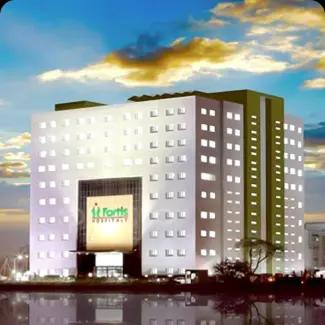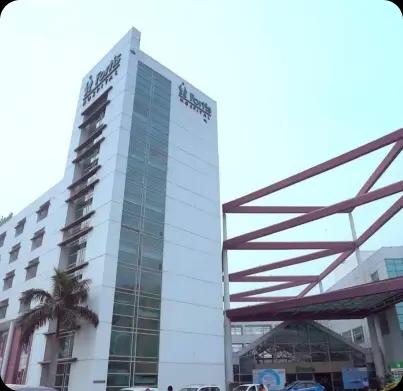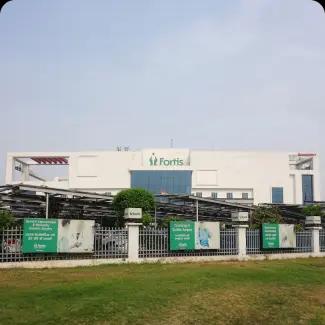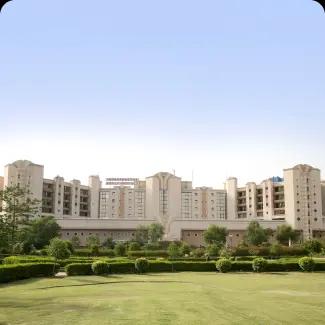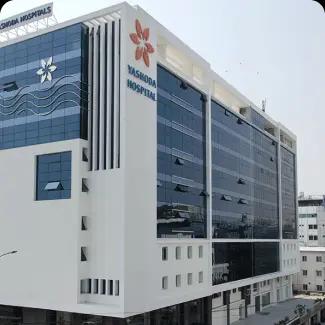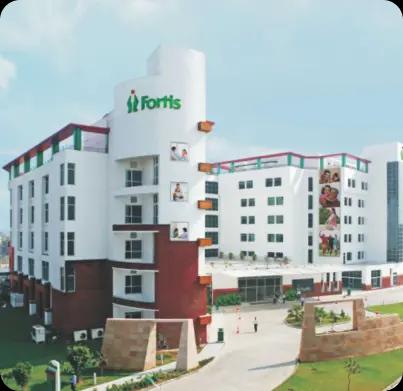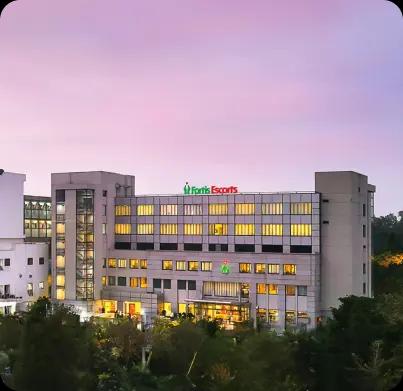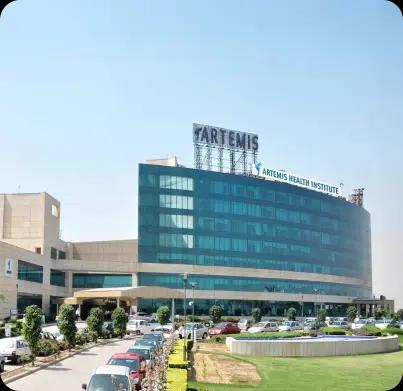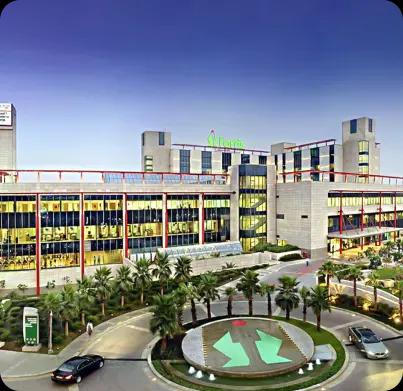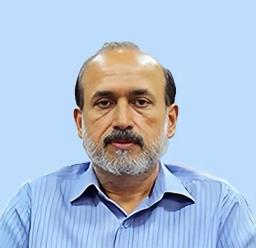
Lithotripsy
Lithotripsy breaks down kidney stones using shock waves directed at the stone, making it easier for the body to pass them through urine. It's a non-invasive and effective alternative to surgery for stone removal.
Easy Medical Visa Approvals
Travel Booking Assistance
Comprehensive Treatment Plans
Multi-Language Support
Lithotripsy breaks down kidney stones using shock waves directed at the stone, making it easier for the body to pass them through urine. It's a non-invasive and effective alternative to surgery for stone removal.
Symptoms Of Lithotripsy
Symptoms
Symptoms of Kidney Stone
Types of conditions
There are five main types of Lithotripsy
Extracorporeal Shock Wave Lithotripsy (ESWL)
Intracorporeal Lithotripsy
Electrohydraulic Lithotripsy (EHL)
Laser Lithotripsy
Ultrasonic Lithotripsy
Extracorporeal Shock Wave Lithotripsy (ESWL)
Your journey to good health begins here

Accredited Hospitals
Nationally accredited hospitals for high-quality care

Multi-language Support
Convey your needs in the language you're most comfortable in

Travel Booking Assistance
Seamless booking assistance for your healthcare journey

Plan your healthcare journey with Karetrip!
India’s Best Hospitals are Partnered With Karetrip
Access World-Class facilities from top Hospitals across India
Consult with India’s most experienced doctors
Experience premium care from India’s leading specialists
Cost Estimation
Learn about the expenses involved in the procedure and what factors affect them.

The average cost of the Lithotripsy in India is around null to null.

High Cost
Average Cost
Low Cost
The LIST of AVERAGE COST of the Lithotripsy across TOP 10 cities in India in Indian Rupee (INR) is as follows :
City
Lowest Cost
Average Cost
Highest Cost
Ahmedabad
₹ 25554
Bengaluru
₹ 42750
Chennai
₹ 48927
Ghaziabad
₹ 25375
Gurgaon
₹ 51250
Hyderabad
₹ 34925
Jaipur
₹ 25370
Kolkata
₹ 51523
Lucknow
₹ 36000
Mumbai
₹ 43783
Commonly Asked Questions
Does the patient need anesthesia?
Does the patient need to be hospitalized?
What are some complications or side effects?
How successful is lithotripsy?
What other treatment choices are available?

Do you still have a query?


"I had a successful surgery at Fortis Escorts Hospital, and it was all thanks to Karetrip's help in finding the right hospital for me. The entire process was smooth and stress-free, with Karetrip handling all the arrangements and answering any questions I had. The medical team at the hospital was outstanding, and the facilities were top-notch. I highly recommend Karetrip to anyone looking for a tension-free healthcare experience."
Read MoreFatima
Chattogram


"Thanks to Karetrip, I got connected with MAX Hospital in New Delhi. The team guided me through every step – from finding the right doctor to handling travel and visas. They made a daunting process feel like a breeze. The care I received at MAX Hospital was outstanding, and I can't thank Karetrip enough for making it possible. They truly put patients first and go the extra mile to ensure a smooth healthcare journey. I'm grateful beyond words!"
Read MoreHasan
Dhaka


"At first, I was unsure about having a medical procedure done in a foreign country. However, Karetrip's team at Indraprastha Apollo Hospital made me feel much better. The hospital was very clean, modern, and had everything they needed to help me. The staff were very kind and did everything they could to make me feel comfortable. I'm really happy with how my treatment turned out, and I appreciate Karetrip for making it easy and stress-free."
Read MoreImran
Sylhet
 Google Reviews4.9/5
Google Reviews4.9/5




I had a successful surgery at Fortis Escorts Hospital, and it was all thanks to Karetrip's help in finding the right hospital for me. The entire process was smooth and stress-free, with Karetrip handling all the arrangements and answering any questions I had. The medical team at the hospital was outstanding, and the facilities were top-notch. I highly recommend Karetrip to anyone looking for a tension-free healthcare experience.
Fatima
Chattogram
 Google Reviews4.9/5
Google Reviews4.9/5




